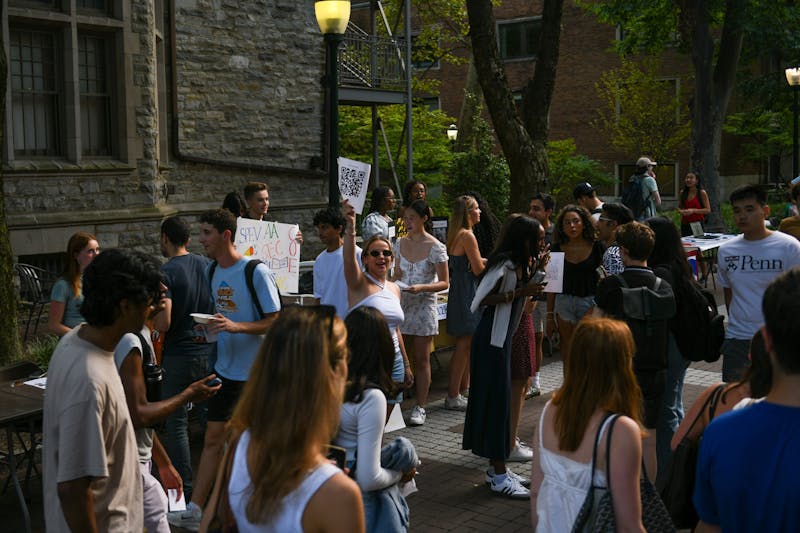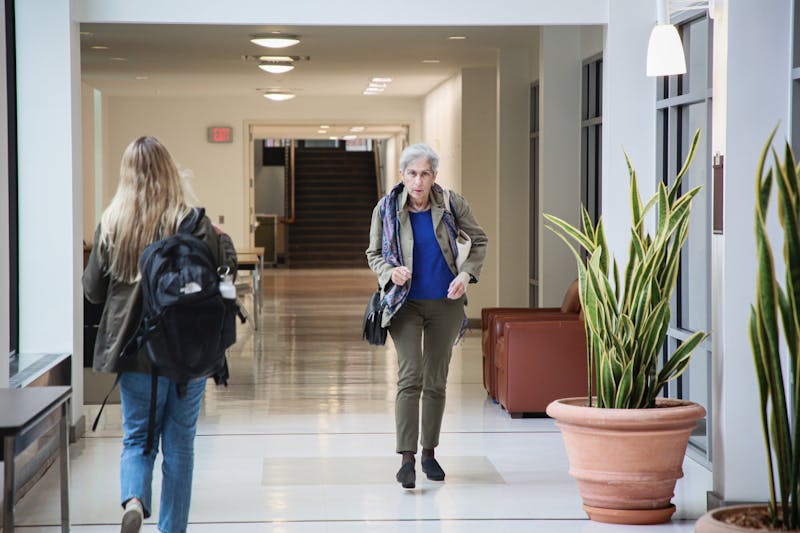
Although the majority of social media accounts may not checked due to time constraints, admissions officers might investigate if any concerns are raised about a particular applicant.
Credit: Courtesy of Gerd Altmann/Creative CommonsNot only does social media have the potential to distract today’s generation of college applicants — it also has the power to get them in serious trouble during the admissions process, a college admissions consultant said.
Increasingly, college admissions officers are checking the social media accounts of college applicants. Surveillance can cover several platforms, including Facebook, Twitter and Instagram. In order to avoid trouble, applicants often keep their accounts private or change their online names while they are applying to colleges.
Brian Taylor, director of The Ivy Coach, a New York-based college consulting firm, said that although the majority of social media accounts are not checked due to time constraints, admissions officers will investigate if any concerns are raised about a particular applicant.
For example, if a jealous student at an applicant’s high school contacts the admissions office of the school that the applicant is hoping to attend with information about an offensive post that the applicant made, the admissions office will examine the social media accounts of that applicant.
It is unclear to what extent Penn practices such policies — the Admissions Office could not be reached for comment for this article.
“If there’s ever a red flag raised, if they’re ever tipped off by someone about something, they will of course check that out — they have obligations to do so,” Taylor said.
Although checking social media accounts is more common for admissions to graduate schools, particularly law schools, Taylor said that it happens on the undergraduate level as well. He suggested that students ensure their accounts are clean before they begin applying to college.
“Don’t have open access, don’t have racy language, don’t have have racy photographs,” he said. “Everything that goes up in high school is still going to be on Google come the time they’re [applicants] applying for jobs,” Taylor said.
He added that certain violations on social media have the potential to completely end an applicant’s case for admission.
“If they write something racist, that’s the end of that,” he said.
Penn students have mixed reactions to the growing trend of monitoring social media during the admissions process.
College freshman Barbara Biney believes that scrutinizing social media accounts is a justified step to take when considering applicants.
“I think it is perfectly acceptable,” Biney said. “I think it’s a good representation of how someone really is.”
Biney added that social media accounts portray applicants “in the environment where they’re most comfortable,” and allow admissions officers “to see their true personality.”
College freshman Kevin Vitalis Kudah agreed, saying that social media accounts allow admissions officers to glimpse a side of applicants that is not always present in an application.
“People feel obligated to actually share who they are outside of academic context on social media because it’s a platform where you can show off your crazy side,” Kudah said. “I think it’s just a way to see who people are outside of the classroom and I think it can be a proper basis of admission.”
However, College sophomore Brian Sajorda said that social media is an inappropriate way to judge applicants.
“It’s social media — it should be used between people who are social,” he said. “I don’t think admissions officers should look at that because it might not be a good representation of their [an applicant’s] life, what they do and their accomplishments.”
The Daily Pennsylvanian is an independent, student-run newspaper. Please consider making a donation to support the coverage that shapes the University. Your generosity ensures a future of strong journalism at Penn.
DonatePlease note All comments are eligible for publication in The Daily Pennsylvanian.







